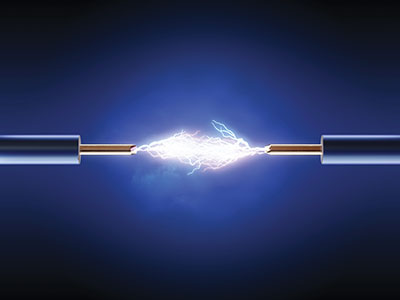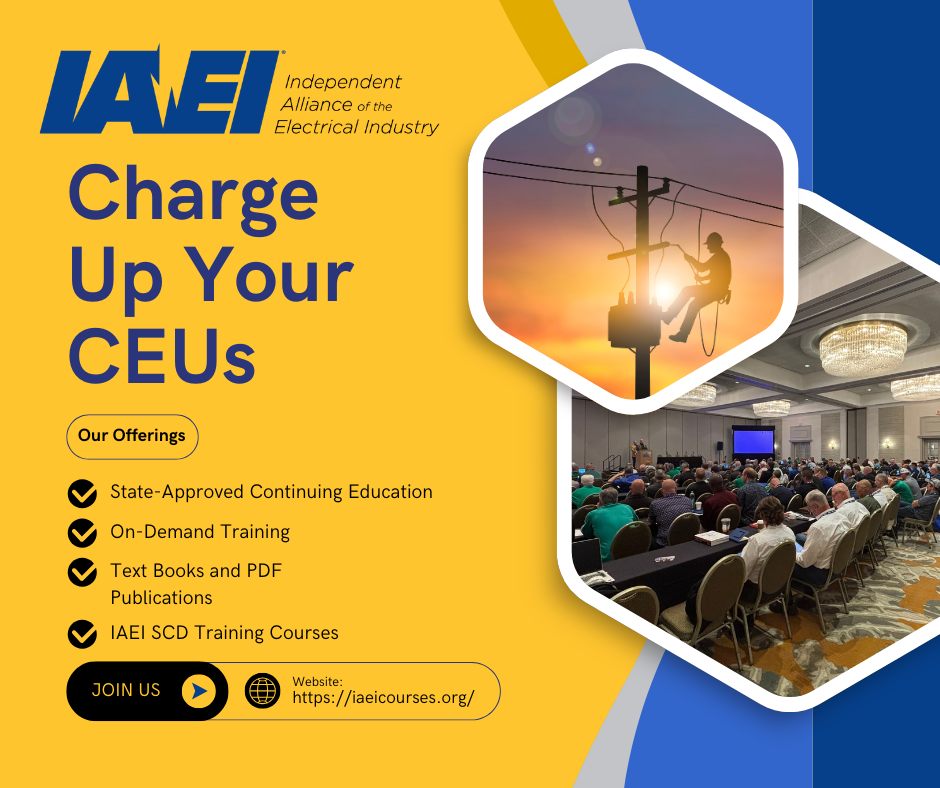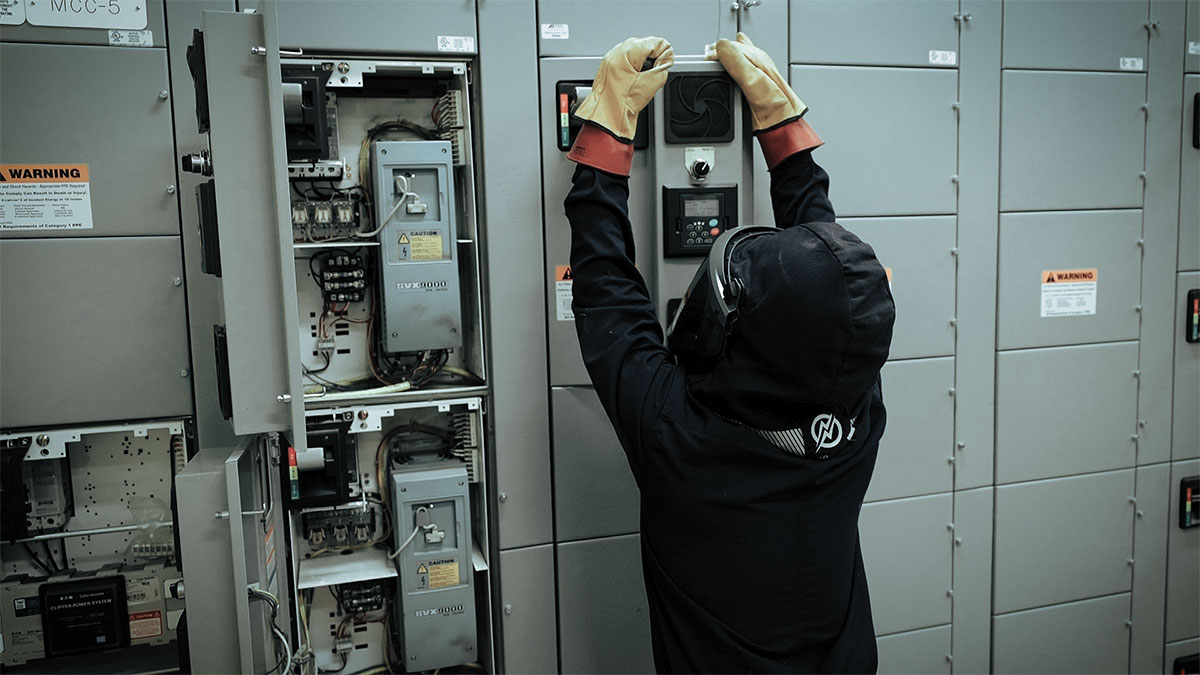A sound electrical enforcement program is an essential element in ensuring safe electrical installations, establishing safe electrical work practices, driving performance requirement compliance, and supporting the installation of emerging technology that uses electrical power.
In today’s aggressive construction environment, industry discussions unfolding around reducing inspections, delaying code adoption, and the demands of operational up-time conflict with OSHA and NFPA 70E worker safety requirements for performing maintenance tasks on the electrical system. All of which have the potential to erode an enforcement system that has been developed over nearly a century.
Emerging technology is no stranger to our electrical infrastructure; however, the pace of implementing that technology, such as active energy management and worker safety protection from arc-flash energy, is accelerating.
An effective enforcement program is necessary to support this fast pace implementation of new technology that provides those implementing industries and communities with a significant competitive advantage.
Let there be no doubt there is an economic advantage to protecting your community’s infrastructure from electrical fire hazards, protecting workers and occupants with the most current technology from electrical hazards, and foundationally adopting and enforcing the most current edition of electrical and energy codes to support the most cost-effective life cycle operation of your home, office, business or industrial facility.
Electrical Infrastructure Safety
Enforcement provided by an independent, unbiased, and qualified electrical inspector is essential in driving compliance to the applicable safety codes and standards. A professional enforcer establishes a high level of compliance through independent third-party review. The result is an installation that is appropriately configured to protect the infrastructure from an electrical hazard and to provide a safe environment for the occupants while enabling the most current technology.
Electrical Worker Safety
Enforcement of the most current National Electrical Code is critical to supporting the safety of electrical workers. The most current infrastructure requirements provide electrical workers protection from shock hazards and electrocution hazards as well as reducing the arc flash energy to which hazards they may be exposed. A strong State or Federal OSHA enforcement program is essential to enhancing worker safety through compliance with NFPA 70E.
Efficiency and Performance Benefits
Uniform permitting, interpretations, and plans review are essential components of an effective and efficient enforcement program. A uniform permitting process should drive efficiencies for the engineers, contractors, general contractor and the building owner. Uniform interpretation is necessary in order to remove any ambiguity and eliminate unnecessary costly rework of equipment design or system installation.
Emerging Technology
Enforcement of the most current edition of the electrical codes and standards is critical to supporting the electrical safety of emerging technology installations. The most recent codes have taken into account various facets of implementing new technology which includes but is not limited to: Photovoltaic, Electric Vehicle, Modular Data Centers, and arc flash mitigation. The accelerated pace in which technology is being deployed to support enhancements in safety and drive systems and business efficiency establishes a critical need for enforcement professionals to be current in understanding existing technology limitations and new technology operating parameters. The uniform enforcement of current electrical code requirements across your community supports a safe and efficient operating infrastructure.
Fundamental Tenants of Electrical Enforcement:
-
Enforcement provided by an independent, unbiased, qualified electrical inspector is essential in driving compliance to the applicable safety codes and standards.
-
Enforcement of the most current National Electrical Code is critical to supporting the safety of electrical workers.
-
A strong State or Federal OSHA enforcement program is essential to enhancing worker safety through compliance with NFPA 70E.
-
Uniform permitting, interpretations, and plans review are core components of an effective and efficient enforcement program.
-
Enforcement supports the electrical safety of emerging technology installations.











Find Us on Socials